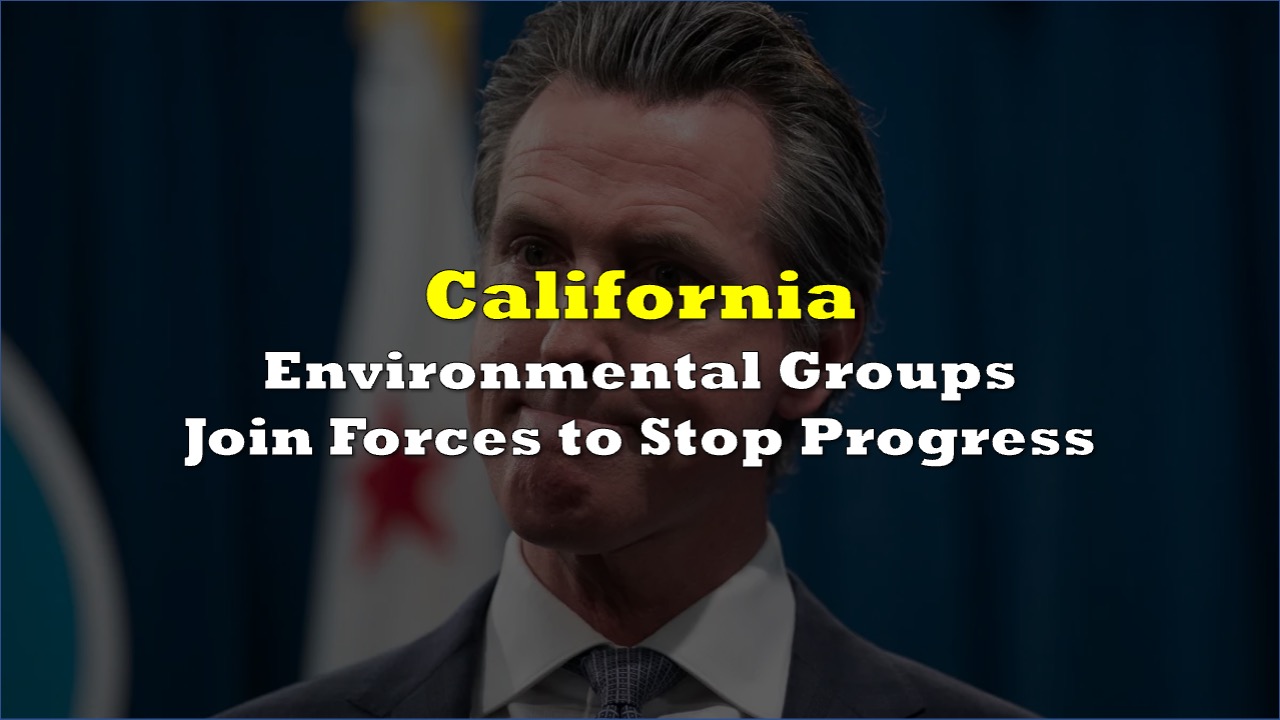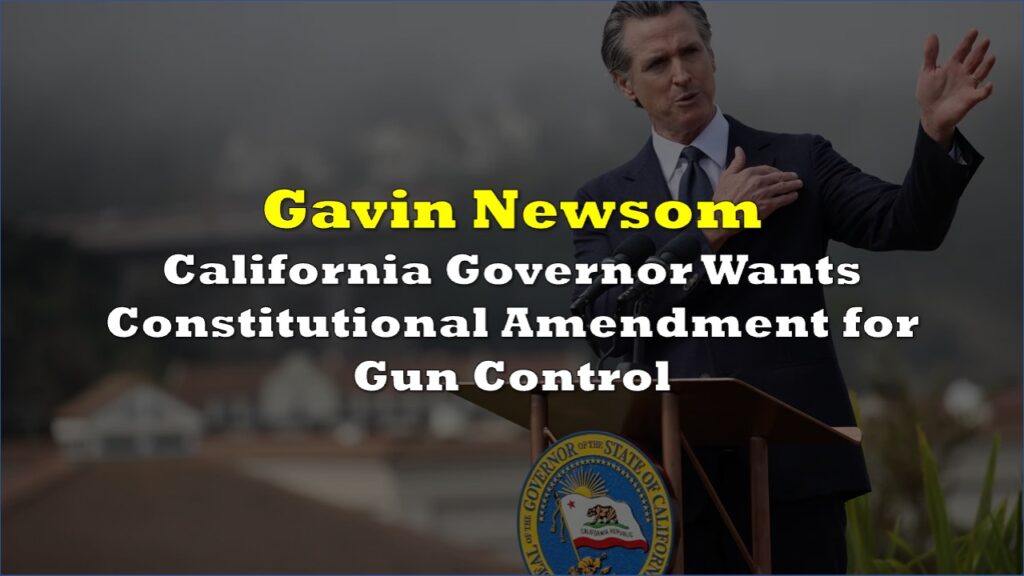Governor Gavin Newsom of California is facing opposition from over 100 environmental groups, including the Sierra Club of California and The Environmental Defense Center, regarding his infrastructure-building package. The package aims to simplify the construction of infrastructure in the state, which Newsom believes is necessary for progress in addressing climate change and environmental issues.
The environmental movement is facing confusion as substantial investments are being made in clean energy infrastructure and decarbonization targets are being established. California, in particular, has committed to becoming carbon neutral and relying on 100% clean energy for its electricity grid by 2045.
Achieving these goals requires a significant increase in electricity generation, transitioning from polluting fuels to clean sources, building transmission lines, and establishing electric vehicle charging stations.
However, California has gained a reputation for its failure to complete infrastructure projects. Newsom acknowledges this issue and expresses concerns about the lack of trust and confidence in the state’s ability to accomplish major undertakings. The Biden administration has also recognized the difficulty in executing construction projects, prompting a focus on states’ permitting processes and ease of building when allocating federal grants.
It is about the money
Newsom urgently needs federal funding to fulfill California’s climate commitments, and failure to secure these grants would impede progress. He expresses frustration that red states, which he believes are less committed to environmental issues, are receiving funding while California’s rules hinder its chances of obtaining the necessary funds.
Newsom’s proposed permitting package includes various specific policies aimed at streamlining the process.
“Over the next decade the state will have the opportunity to invest $180 billion over the next 10 years and create as many as 400,000 jobs across the state – a level of construction and investment not seen since the Governor Pat Brown era,” said Senior Counselor to the Governor on Infrastructure and Clean Energy Finance Gayle Miller in the press release on the package.
“These bills will in fact make a difference as to the timing and delivery of projects—we have seen the broadband planning and delivery decrease from 33 to 11 months by implementing many of the proposals you will see here today.”
While some opposition groups argue that this rapid approach excludes the public and stakeholders, Newsom emphasizes the importance of achieving tangible results in a timely manner, considering the goals previously celebrated by these same groups.
“This rigidity and ideological purity is really going to hurt progress. I did the climate bills last year, and these same groups were celebrating that. But that means nothing unless we can deliver,” Newsom told New York Times columnist Ezra Klein. “That was the what; this is the how.”
"More than 100 environmental groups — including the Sierra Club of California and The Environmental Defense Center — are joining together to fight a package Newsom designed to make it easier to build infrastructure in California." https://t.co/ZVwU5BaS8h pic.twitter.com/O5kwTz71I9
— Scott Lincicome (@scottlincicome) June 19, 2023
Environmental justice groups want in on the action
Opponents of Newsom’s package, such as the Natural Resources Defense Council and the California Environmental Justice Alliance, express concerns about potential reductions in environmental review and protection of endangered species. They argue for a broader process involving the participation of environmental justice groups and tribes.
“Wouldn’t it be better to bring everybody to the table and go through the Legislature?” asked David Pettit, a senior attorney at the Natural Resources Defense Council. “Get the environmental justice groups, the tribes, hash out what this means? It could be done in regular session by the end of year.”
The disagreement reflects the ongoing tension between facilitating development and ensuring environmental safeguards. While laws like the California Environmental Quality Act have been instrumental in blocking harmful projects, they have also impeded potentially beneficial ones. Newsom’s claim is that development has become too easy to halt or delay, potentially hindering progress in addressing climate change.
The current controversy surrounding Newsom’s package may be just the beginning of a broader discussion on permitting reforms. As California and the federal government face increasing pressure to address climate change, disagreements within the progressive movement on the best approach to building necessary infrastructure are likely to persist.
As Klein concludes: “Until now, progressives have been mostly united in the fight against climate change. They wanted more money for clean energy and more ambitious targets for phasing out fossil fuels and got them. Now that new energy system needs to be built, and fast. And progressives are nowhere near agreement on how to do that.”
The fate of the infrastructure trailer bills will be determined in the coming weeks as stakeholders and policymakers seek an approach to address the state’s pressing infrastructure needs. California’s Legislative leaders and Newsom will need to work towards reaching a consensus and finalizing the budget before the start of the new fiscal year on July 1.
Information for this story was found via The New York Times, LA Times, and the sources and companies mentioned. The author has no securities or affiliations related to the organizations discussed. Not a recommendation to buy or sell. Always do additional research and consult a professional before purchasing a security. The author holds no licenses.









